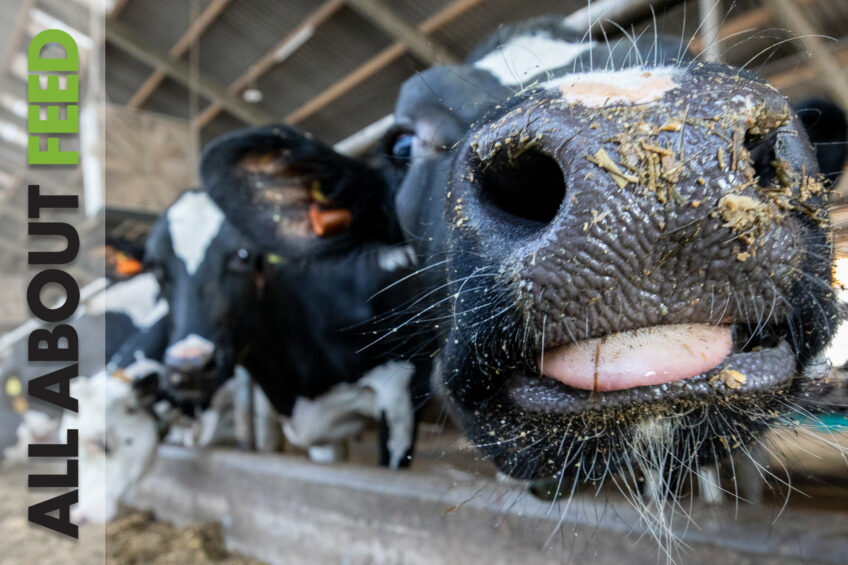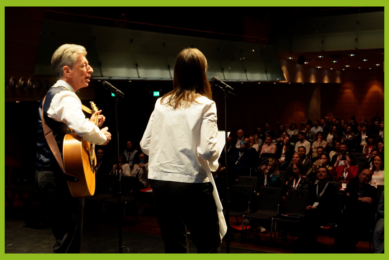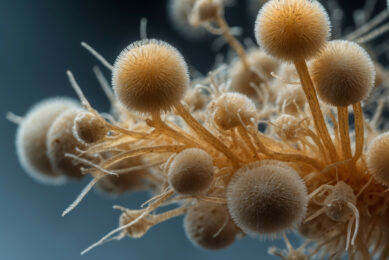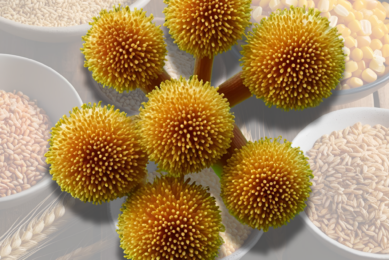Methane reduction in All About Feed 6

The latest edition of All About Feed is now available online. We consider methane-reducing feed additives and examine what the Brazilian agricultural sector thinks about the EU’s Green Deal. What is the impact of masked mycotoxins on poultry, and what mitigation strategies can ensure the safety and well-being of flocks, and how can live yeast benefit dairy cow performance? This and more in this latest edition.
View this edition of All About Feed‘s digital magazine
What does the Brazilian agricultural sector think about the EU’s Green Deal?
While agricultural and livestock production in Brazil is globally relevant due to its volume and variety, it is frequently highlighted for environmental issues. Brazil, therefore, would be one of the main countries affected by the new European legislation that expands restrictions on products grown in deforested areas.
Brazil’s corn industry is discovering DDGS
In Brazil they call it ‘grão dourado’, or the ‘golden grain’ – corn. Over the last decade, new opportunities for corn have emerged in the country, enabling it to be valorised even more: by turning corn into ethanol for fuel consumption and selling its by-products as animal nutrition. All About Feed travelled to Mato Grosso state to learn more.

Masked forms of mycotoxin in poultry feed
Masked or hidden mycotoxins are biologically modified mycotoxins bound or conjugated with other components. This presents unique challenges to the poultry feed industry. What is the impact of masked mycotoxins on poultry, and what mitigation strategies can ensure the safety and well-being of flocks?
EU feed autonomy requires collaboration and a multifaceted approach
The European Feed Manufacturers’ Federation (FEFAC) held its 68th Annual Public Meeting in Brussels on 31 May. The meeting, which brought together policymakers, industry stakeholders and representatives of farmer associations, focused on feed autonomy and circularity.
How live yeast benefits dairy cow performance
Researchers recently delved into the impact of live yeast Saccharomyces cerevisiae supplementation on lactation performance, ruminal microbiota composition and fermentation patterns, as well as serum antioxidant capacity and immune functions in dairy cows. All About Feed unpacks the findings.

Global round-up: Methane-reducing additives
Methane emissions have a stronger negative impact on climate change than CO2 emissions. Feed additives, therefore, are being pursued as a solution. These feed additives include seaweed, methanogenesis inhibitors, essential oils, organic acids probiotics and antimicrobials. This article considers various feed additives and research initiatives for reducing methane emissions from cattle.
Efficient and sustainable farming through technology
The 2024 Global Ruminant Days recently held in Vienna, Austria, and organised by dsm-firmenich Animal Nutrition and Health, focused on how can technology better enable sustainability and efficiency.
View this edition of All About Feed‘s digital magazine











